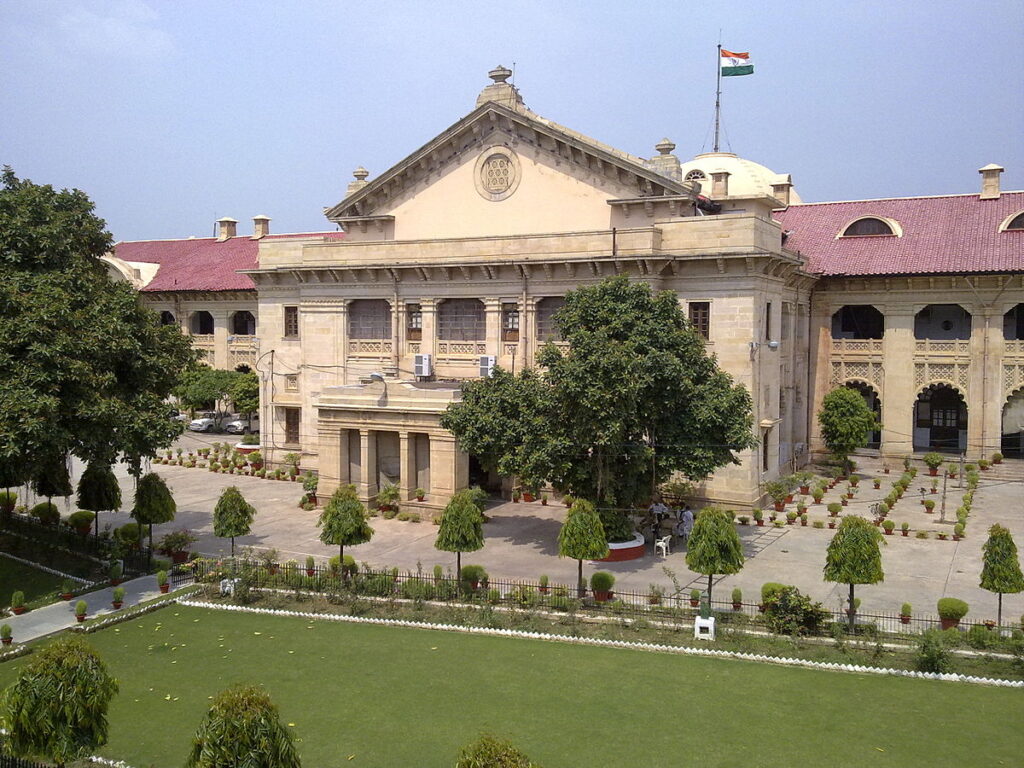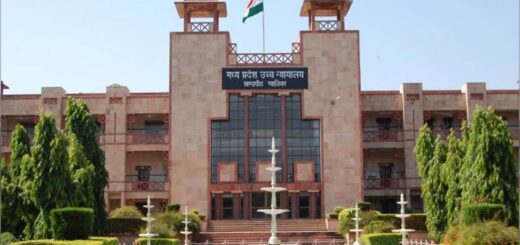The Allahabad High Court stated that review petitions serve a specific purpose and that the errors must be serious and obvious.

The Allahabad High Court has emphasized that a review petition serves a specific purpose and cannot function as a “hidden appeal.” A Division Bench, consisting of Justice Mahesh Chandra Tripathi and Justice Piyush Agrawal, stated that it is established that a review court cannot assess the merits of a judgment like an appellate court, nor can it allow a re-hearing under the guise of a review petition. They noted that review applications can only be considered based on the criteria outlined in Order 47 Rule 1 along with Section 141 of the Code of Civil Procedure. The Court mentioned that to accept a review application, the error must be “grave and palpable,” easily identifiable from the record without needing extensive reasoning. A complete re-evaluation of evidence to find an error would be seen as an appellate function.
Additionally, the Court stated that the party must prove that any new matter or evidence could not have been found or presented earlier, despite acting with due diligence. If a party seeks a review based on other “sufficient reasons,” they must demonstrate that these reasons are similar to those specified in the C.P.C.
This case involves the state government acquiring land in various villages in the Gautam Buddha Nagar district, including land owned by the Petitioners. The Petitioners approached the High Court, asking for a directive to the Chief Executive Officer of the New Okhla Industrial Development Authority (NOIDA) for increased compensation. The Division Bench dismissed the Writ Petition, noting that a Full Bench had already rejected similar Writ Petitions concerning land acquisition in the same village. The Court concluded that the Division Bench that issued the contested Judgment had thoroughly considered all aspects of the case and subsequently dismissed the review application.
The Court explained that according to Order 47 Rule 1 and related cases, reviews are permitted only under specific conditions: (1) If new and significant evidence is discovered that the reviewer could not have known or presented at the time of the original order, despite reasonable effort. (2) If there is a clear mistake or error in the record. (3) On similar grounds, but not simply because the decision was wrong in its reasoning, as that is the role of an Appellate Court. The Court referenced cases that emphasize that review processes are separate from appeals and must strictly follow Order 47. In Meera Bhanja v. Nirmla K. Chaudhary (1995), the Supreme Court stated that reviews should focus on obvious errors in the record. These errors should be clear without needing extensive reasoning, as re-evaluating evidence would be considered an appellate function, which is not allowed.
In Satyanarayan Laxminarayan Hegde v. Mallikarjun Bhavanappa Tirumale (1960), the Supreme Court noted that an error requiring extensive reasoning, where there could be differing opinions, is not an obvious error. Such errors cannot be corrected through a Writ of certiorari. In Lily Thomas v. Union of India (2000), the Supreme Court ruled that review powers are meant for correcting mistakes, not for changing opinions, and must be exercised within the limits set by law; reviews cannot act as hidden appeals, and the mere existence of differing views is not a valid reason for a review.
In the case of Union of India v. B. Valluvar (2006), the Supreme Court examined the review powers of the High Court. It stated that these powers should be used according to the limits set by Section 114 and Order 47 Rule of the CPC. The High Court cannot assess the merits of a case without identifying a clear mistake. Additionally, in State of Haryana and others v. M.P. Mohila (2007), the court cautioned that a review should not be requested under the pretense of seeking clarification.
Cause Title: Chetram @ Mintu v. State of Uttar Pradesh [Civil Miscellaneous Review Application 4 of 2023]
Appearance:
Petitioner: Advocates Ashish Mishra and Jai Shanker Misra
Respondent: Advocate Kaushalendra Nath Singh









